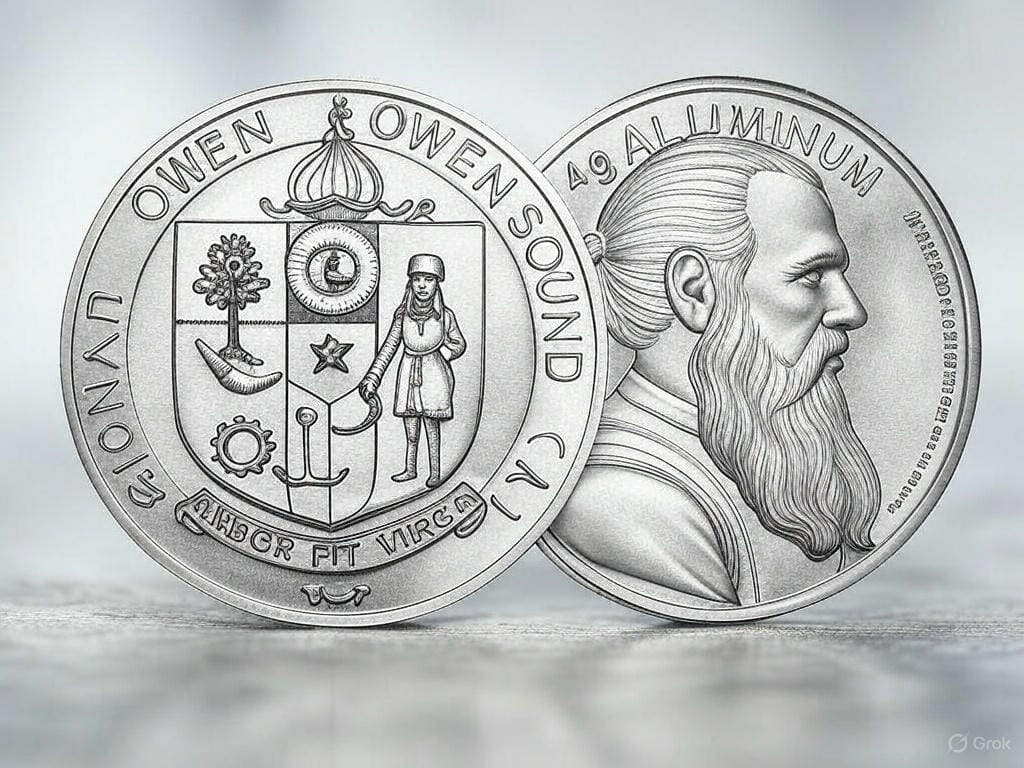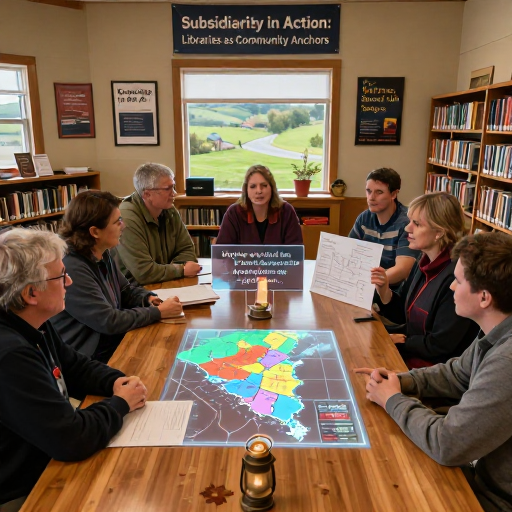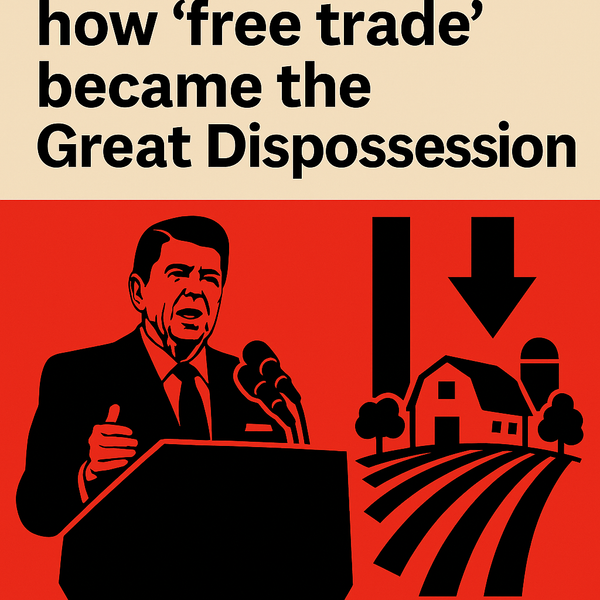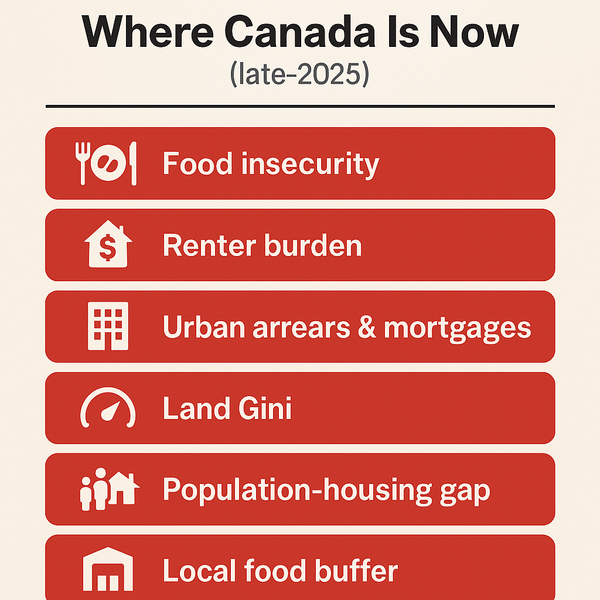Local Help System of Owen Sound: Exploring a Municipal Currency to Boost Our Local Economy

Local Help System of Owen Sound: Exploring a Municipal Currency to Boost Our Local Economy
At the Local Help System in Owen Sound, we’re always looking for innovative ways to strengthen our community, especially as we prepare for a future shaped by the decline of cheap oil and the challenges of global economic instability. Recently, I’ve been diving into historical research on coins and their values, and I’ve come across some fascinating insights that could guide us toward a more resilient local economy. Inspired by this, and by my current reading of Cities and the Wealth of Nations by Jane Jacobs, I’m excited to share a potential project for our community: minting a municipal currency right here in our makerspace.
Historical Coins and Their Value: A Lesson for Today
I’ve been researching historical coins to understand how they functioned in pre-industrial societies, and the findings are striking. In pre-fossil fuel times, a day’s wage for a laborer—whether in the Roman Empire, medieval Europe, or Tang Dynasty China—was often worth about 1.5 kg of grain, which equates to roughly 22 MJ (megajoules) of energy. This amount could feed a small family for a day, covering their basic sustenance needs. Typically, such a unit of value was represented by a 4-gram silver coin, like the Roman denarius, which weighed 3.8-4.5 grams and could buy 1-2 kg of grain.
Fast forward to today, and I found a modern equivalent that aligns with this historical benchmark: organic buckwheat, a crop resistant to fertilizers and well-suited for sustainable farming. Interestingly, both 1.5 kg of organic buckwheat and 4 grams of silver cost around $5 CAD in today’s market. This parallel suggests that a 4-gram silver coin could serve as a tradeable, universal currency in a post-cheap oil future, maintaining its value across cities and regions.
Insights from Cities and the Wealth of Nations
As I prepare for my mayoral run, I’ve been reading Cities and the Wealth of Nations by Jane Jacobs, and her arguments about municipal currencies have really resonated with me. Jacobs contends that national currencies often disadvantage cities by providing feedback that’s either irrelevant (e.g., tied to rural exports) or skewed toward dominant cities (e.g., Milan over Naples). She advocates for municipal currencies because they:
- Deliver Tailored Feedback: Cities can respond to their unique economic challenges, unlike the one-size-fits-all approach of national currencies.
- Promote Economic Autonomy: Local currencies help cities retain wealth and prioritize local production, countering the drain of national policies.
- Prevent Stagnation: Currency fluctuations provide a “discipline” that encourages innovation, as seen in historical city-states and modern examples like Singapore.
Jacobs’ ideas align with historical examples like medieval Europe and the Hanseatic League, where city currencies fueled vibrant trade networks. They also suggest that a municipal currency could revitalize Owen Sound, much like tariffs once helped young American cities, but without harming rural areas.
Our Plan: Minting Owen Sound Dollars (OSD)
Inspired by these insights, one of my goals as mayor will be to investigate minting a municipal currency—Owen Sound Dollars (OSD)—right here in our makerspace. Here’s how we envision it:
- First Run with Aluminum: We’ll start with aluminum coins, which are more like a fiat system and specific to our city. Aluminum is abundant in scrap (e.g., cans, vehicles), easy to recycle, and aligns with a local, low-energy production model. This initial run will help us test the concept and build community buy-in.
- Tradeable Silver Coins: For a more universal currency that could be used across cities, we’ll explore 4-gram silver coins, reflecting the historical benchmark of a day’s wage. These coins, valued at around $5 (matching 1.5 kg of organic buckwheat), would be durable, widely accepted, and a hedge against economic instability.
How OSD Will Work
The OSD will be a practical tool to boost our local economy:
- City Payments: The city could pay residents for local work (e.g., maintenance, community projects) at least partially in OSD.
- Property Tax Payments: Residents and businesses could use OSD to pay their property taxes, giving the currency real utility.
- Local Commerce: Stores could accept at least a limited amount of OSD (e.g., 1-2k per year), knowing they can use it for property taxes. Residents paid in OSD could spend it at these stores, and stores could pay local workers in OSD, creating a virtuous cycle that keeps money circulating locally.
Why This Matters for Owen Sound
In a post-cheap oil future, global economic systems may falter—global financial collapse may happen by 2030, commercial disruptions by 2030-2035, and political instability by 2035-2040 as food prices soar. A municipal currency like OSD pegged to previous years silver or buckwheat price can insulate us from these shocks, ensuring we can trade for essentials like food and services even if national currencies lose value. It also aligns with our broader efforts—food forest villages, skill-sharing through colleges and libraries, and local production—to build a self-sufficient community.
Next Steps
We’ll start by prototyping aluminum OSD coins in our makerspace, using our Tormach 1100 CNC mill and repurposed pottery kiln. Once we’ve refined the process, we’ll explore minting 4-gram silver coins for broader trade. I’d love to hear your thoughts on this project—especially on the coin design, which we might open to a community competition. Drop by the Local Help System or reach out online to share your ideas. Let’s build a resilient Owen Sound together!
If you'd like to receive email updates from Local Help Owen Sound can subscribe here:



